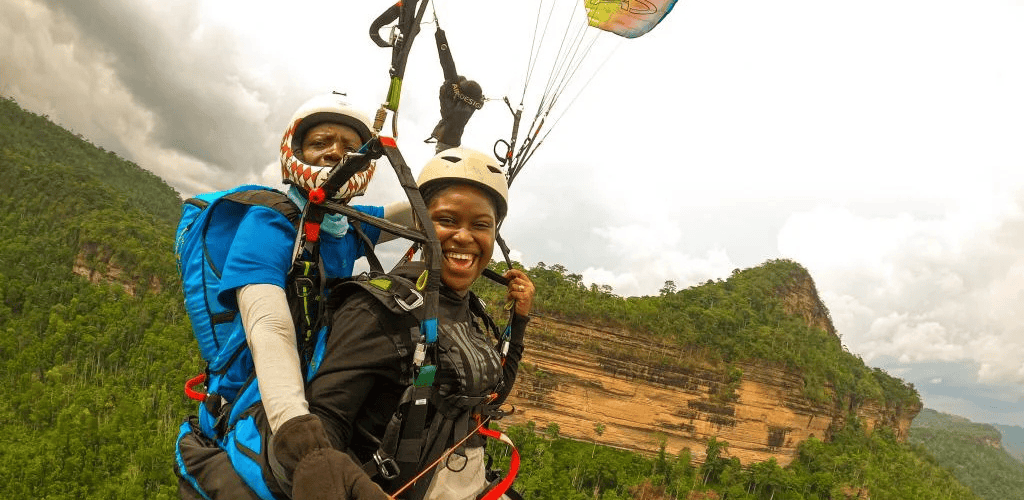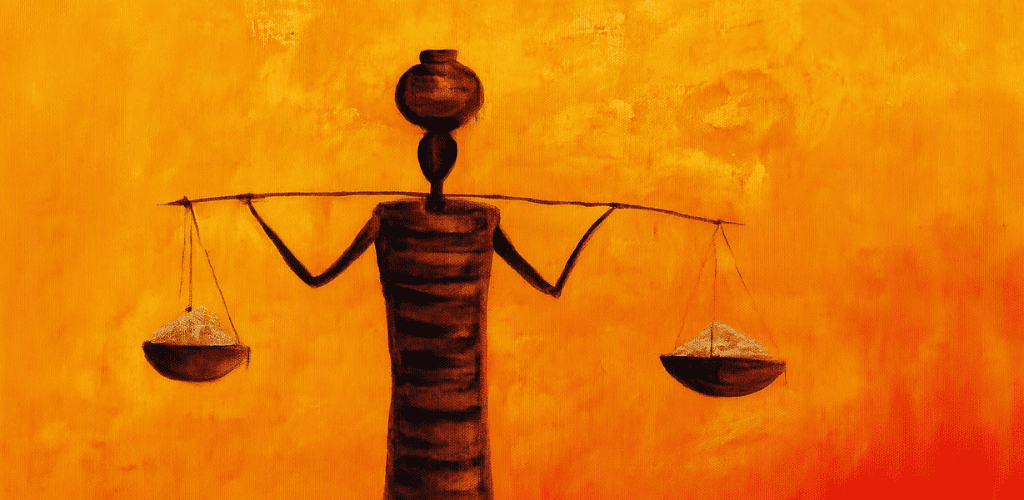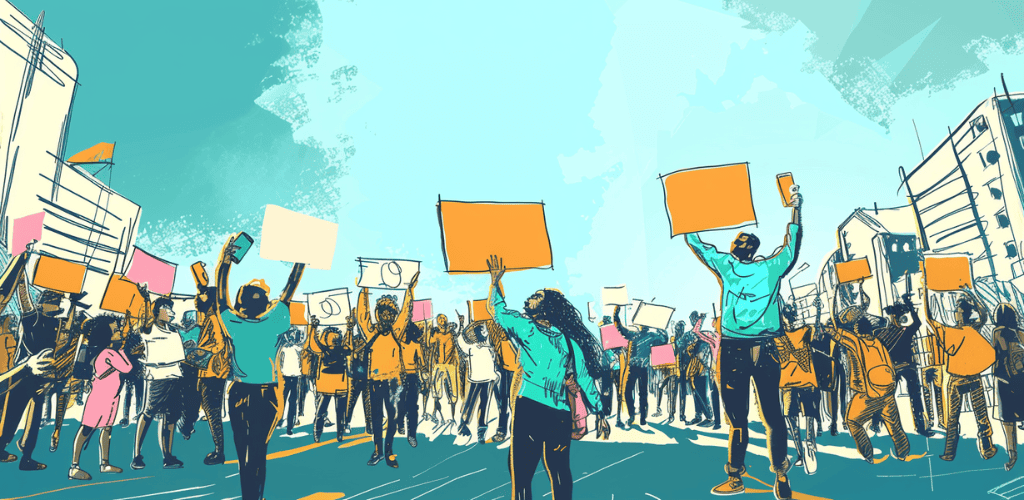Ghana is a country full of cultural heritage, natural beauty, and lively communities. It’s truly a remarkable destination. But while Ghana has done well attracting international visitors to well-known spots like Cape Coast and Elmina Castles, Mole National Park, and the Kakum Canopy Walkway, local tourism still has loads of potential waiting to be tapped.
And by local tourism, I mean Ghanaians travelling and exploring their own country. This is important because it not only builds national pride but also helps grow the economy, create jobs, support small businesses, and preserve our culture.
Many Ghanaians don’t travel much within the country. The primary reasons include high costs, insufficient information about places to visit, and concerns about the quality of infrastructure and services.
Campaigns like “See Ghana, Eat Ghana, Wear Ghana, Feel Ghana” have sought to change this by boosting pride in our culture and encouraging people to support local products. Festivals like Chale Wote and Afrofuture attract lots of young people by mixing modern culture with tradition. Likewise, events like the Black Star Line Festival, started by artists from the diaspora, show how cultural connections can spark tourism and bring both locals and diasporans to Accra, creating new opportunities for domestic travel and pride in Ghana’s cultural scene.
Understanding the local traveller
Building on these successes, a clear and coordinated plan is needed to make local tourism more accessible and appealing to all Ghanaians. The main goal is to increase travel within the country, so that economic and social benefits can reach even more communities. And understanding the domestic market is key to this plan.
Ghanaians are diverse, and their travel interests vary a lot. For example, most urban youth between 18 and 30, who are very active on social media, look for experiences that are fun, unique, and easy to share. They seek places with authentic culture but also modern conveniences and the opportunity to socialise.
Working adults and families aged 30 to 45 often want relaxing weekend trips where they can bond with their loved ones and escape busy routines. Trips that combine leisure and culture tend to work well for them.
Likewise, students and schools are also crucial since educational trips help young people appreciate Ghana’s history and environment. Faith groups also organise spiritual trips and pilgrimages, which are a great way to encourage travel that aligns with their values.
Making local tourism work for everyone
Tailored tourism packages that reflect the diverse needs of Ghanaians; youth, families, students, and faith groups, can significantly increase participation in local travel and spread its benefits more evenly across the country.
Partnerships with transport companies like the State Transport Corporation, VIP Bus Services, and ride-hailing apps like Bolt can help provide affordable travel deals that include transport, hotels, and entrance fees. Offering discounts during off-peak times at hotels and eco-lodges would also encourage people to travel more often.
But making travel affordable is only one part of the equation. People also need to be inspired and informed. For many young Ghanaians, social media is the main source of travel ideas and motivation. Partnering with influencers like Akosua Shirley and Wode Maya can reshape perceptions of local tourism and spark interest in exploring Ghana.
Campaigns like #LetsGoGhana, where people share their travel stories online, can create excitement and spread awareness. Likewise, training young content creators in partnership with platforms like YouTube and Meta would help keep good local tourism content flowing.
For adults, families, and faith groups, targeted outreach through radio, community networks, churches, and workplace associations can promote travel opportunities that align with their values and lifestyles.
Beyond outreach, education and storytelling can help all Ghanaians see their country with fresh eyes. Whether through school trips, public documentaries like Hidden Ghana, or community-based learning, sharing the stories of our heritage and natural wonders can deepen national pride and curiosity.
A national tourism calendar that highlights key festivals and events throughout the year would also help people plan trips and encourage year-round exploration.
Building a sustainable future for all
However, for local tourism to really thrive, infrastructure and service quality has to improve. Roads, signs, sanitation, and other facilities need upgrading. Training for tour guides, hospitality staff, and community operators will improve visitor experience and safety. The Tourism Development Fund and local authorities should support community projects that will enhance infrastructure while protecting the authenticity of local tourism.
Crucially, collaboration among the government, the private sector, and local communities is essential. The Ghana Tourism Authority must lead this effort, working with the Ministry of Education, transport companies, local governments, and traditional leaders. Not forgetting the creative industry, including influencers, artists, and designers, who will be important in telling Ghana’s tourism stories.
Finally, the plan must include ways to track progress. Key performance indicators like the number of domestic tourists, digital engagement, tourism revenue, and visitor satisfaction should be monitored. Feedback from travellers and host communities will help make improvements and keep the strategy relevant.
We can learn a lot from past successes like the Year of Return in 2019, which attracted millions and boosted the economy by focusing on Ghana’s history and the diaspora. The Beyond the Return campaign, for example, continues this work by deepening cultural and economic ties between Ghana and Ghanaians in the diaspora.
Ghana has everything she needs to grow local tourism successfully. Tackling challenges like affordability and awareness, using digital tools, promoting festivals and education, improving infrastructure, and building strong partnerships will unlock the full potential of domestic travel. This will bring economic benefits, strengthen national identity, and build social unity.
With dedicated and coordinated action, Ghana can develop a vibrant, sustainable local tourism industry that benefits all Ghanaians now and for generations to come.
References
- Adom TV. (2021). Travel Ghana: The rising impact of local influencers. Retrieved from https://adomtv.com/travel-ghana-influencers
- BBC News. (2019, December 10). Ghana’s Year of Return draws millions of visitors. Retrieved from https://www.bbc.com/news/world-africa-50397272
- BBC News. (2023, September 3). American rappers launch Black Star Line festival in Ghana. Retrieved from https://www.bbc.com/news/entertainment-arts-65812345
- Citi Business News. (2023, June 21). Social media campaigns boosting local tourism in Ghana. Retrieved from https://citibusinessnews.com/local-tourism-campaigns
- Citi Newsroom. (2022, December 14). Afrofuture festival celebrates Ghanaian culture. Retrieved from https://citinewsroom.com/afrofuture-festival
- Graphic Online. (2019, August 15). Chale Wote Street Art Festival: A cultural phenomenon. Retrieved from https://graphic.com.gh/features/chale-wote-festival






